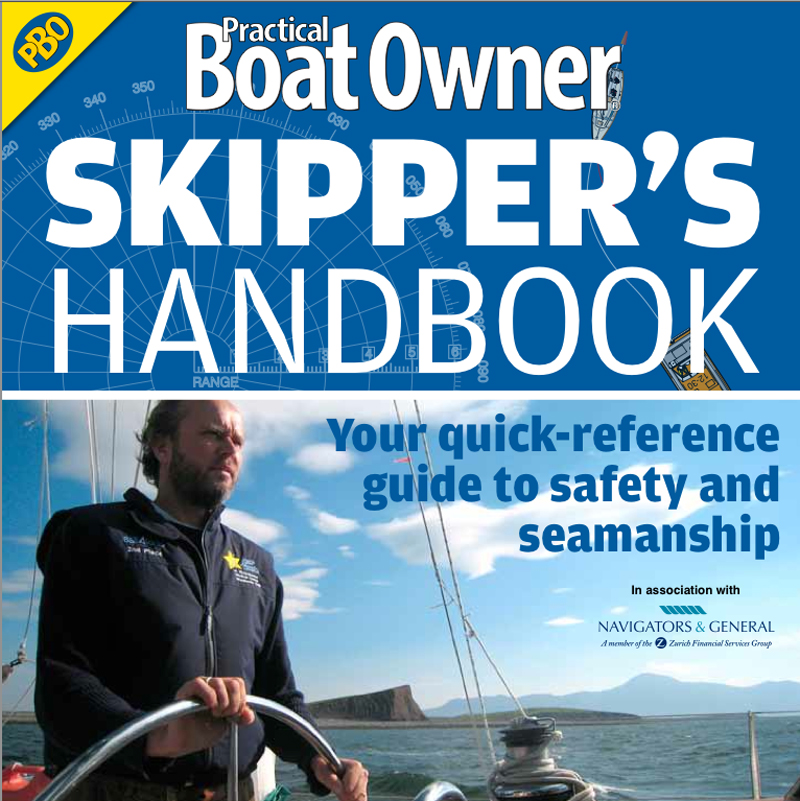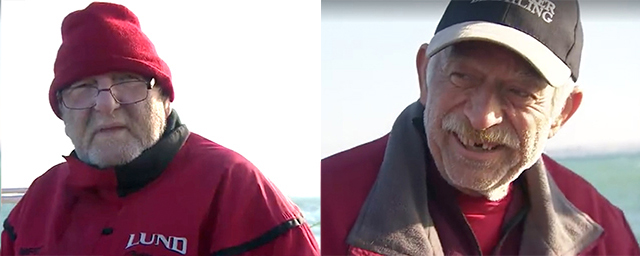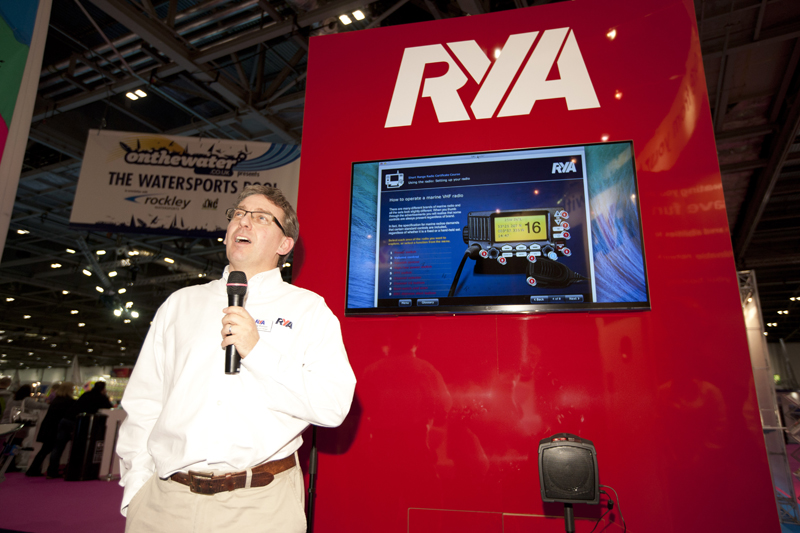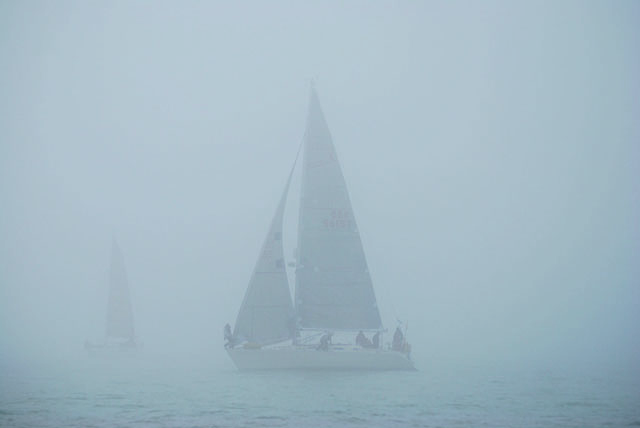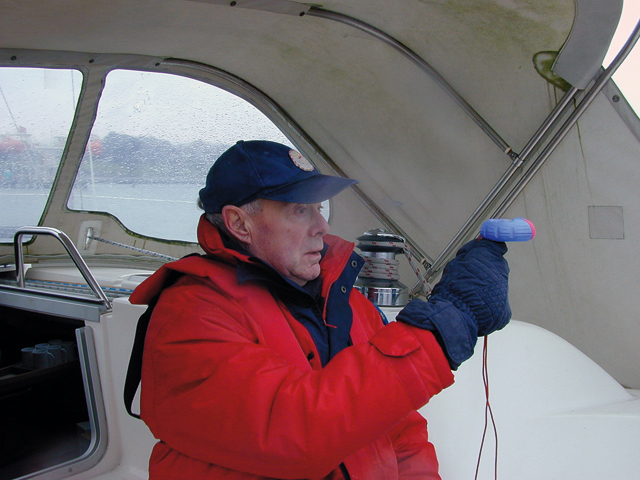One of the key announcements at the recent Royal Yachting Association (RYA) Yachtmaster Instructors’ Conference was that, from 2017, there will be a single RYA Day Skipper Practical certificate.
The distinction between Tidal and Non-Tidal Practical courses will end.
This brings the RYA in line with other international sailing schemes who do not differentiate between the certificates obtained when you learn to sail in different areas of the world.
Richard Falk, the RYA’s director of training and qualifications said: ‘In simple terms the current arrangement is that if you undertake an RYA Day Skipper or Coastal Skipper course in waters designated as being tidal then you a) learn about tides (both in theory and in practice) and b) receive a certificate that indicates you have undertaken the training in tidal conditions.
‘If you undertake the same courses in waters designated to be non – tidal you a) learn nothing about tides (either in theory or practically) and b) are issued with a non – tidal certificate.’
Richard says there are three key flaws with the current process:
1) Differentiating between what is tidal and what is non – tidal is not a simple black and white question. Trying to categorise waters across the entire world where tidal ranges vary from 17 metres down to .1 of a metre with every point along that tidal continuum being covered is simply not feasible. What constitutes a tidal region? Even our own training centres cannot agree on this with some suggesting that anything less than a 4 metre tidal range does not count and others suggesting 1 metre is perfectly adequate.
2) The pattern of boating has changed. Many people now choose to undertake a course in one region but then go on to charter or cruise in a wide range of regions around the world – some of those are tidal and some are not. Therefore, it seems to make sense that everyone who undertakes one of the two courses outlined above should get at least an understanding of the theory of tide, and where possible also gain some experience in tide from a practical viewpoint. Under the new arrangements EVERY person undertaking either a Day Skipper or Coastal Skipper course will come away with at least a theoretical understanding of tide – ensuring they are better prepared for boating in a wider range of locations than is currently the case.
3) Customer feedback is that the current system of parallel schemes is confusing and irrelevant. Whilst some RYA schools feel strongly about this issue the feedback from customers is that they find the need for two schemes and such labelling as confusing and unnecessary. Under the new arrangements the situation will be clearer to the customer whilst ensuring that more people than ever before will have at least a basic understanding of tides.
Richard added: ‘We have about 600 RYA schools to which this tidal / non – tidal designation applies. Of these we have had strong concerns voiced by about 10 schools, all of which are Solent based.
‘Sadly some of these have resorted to misinformation and misinterpretation in order to try and garner support for a reversal of this decision. The matter has been discussed over the last three years at YMI conferences and with a large number of schools both in the UK and overseas, not to mention with students and charter companies.
‘The overall sentiment is that this is a very positive initiative and one that is long overdue.
‘The key message is that nothing is being removed from any syllabus. In fact, we are requiring schools in non – tidal regions to now begin to teach the theory of tides. I cannot for the life of me understand how this can be a bad thing.’
Nav in a nutshell: Coping with currents
Dick Everitt explains how sailors can apply knowledge of tidal streams to ensure that water flow is a help, not…
PBO Skipper’s Handbook
Your quick reference guide to safety and seamanship, still available in digital format
Nav in a nutshell: Electronic charts
Dick Everitt assesses the differences between raster and vector charts when deciding on which chart plotter to buy
‘Nine’ lifeboat rescues is ‘grossly exaggerated’ says Nora skipper
American yachtsman Steve Shapiro defends his haphazard voyage, while others call for him to be stopped.
Nav in a nutshell: Looks good on paper
Up-to-date printed paper charts are a good bet for identifying your position – but they do have their limits, says…
RYA Marine Radio course goes online
Students of the RYA Marine Radio Short Range Certificate Course now only need a classroom for the assessment
Nav in a nutshell: Navigate with radar
Dick Everitt gives us a clear picture of the advantages to be gained from using radar to check our navigation
Hot Liquid UK banned from offering RYA training courses
Expulsion comes after third serious safety incident in a year
How to keep a straight course in fog
Without getting disorientated
Nav in a nutshell: Navigating at night
There’s no need to be in the dark if your preparation is thorough and easy to understand, says Dick Everitt…
Nav in a Nutshell: Lighthouse characteristics on charts
Dick Everitt helps illuminate our understanding of lighthouse characteristics on charts, their dipping distances and loom...
Nav in a Nutshell: Navigate by ‘feel’ using an echo sounder
The ‘ping’ is king: You can navigate by ‘feel’ over the seabed in adverse conditions by using an echo sounder…
Nav in a Nutshell: What is a transit and how are they used in navigation
Lining up a pair of appropriate land features or navigation marks can help keep you safe, as Dick Everitt explains
Nav in a Nutshell: Clearing bearings
In the first of his series on back-to-basics navigation Dick Everitt explains how to use a few simple lines to…






